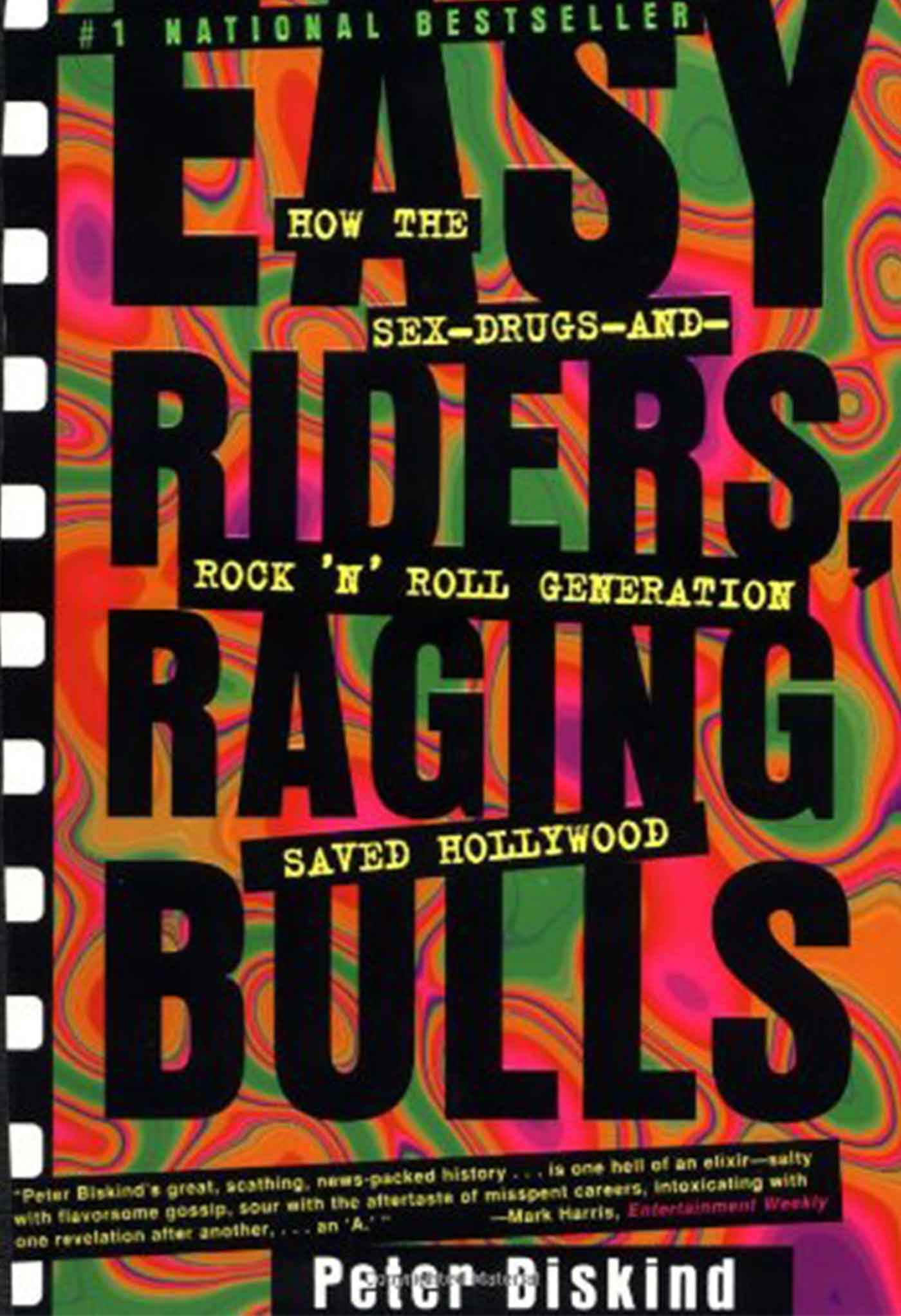


(For the record, Platt was married to writer/director Peter Bogdanovich, who proceeded to have an affair with Shepherd, his ingénue star.) Although the filmmakers were not able to obtain original interviews with the A-list set of figures discussed here ( Francis Ford Coppola, George Lucas, Martin Scorsese, Warren Beatty, Robert Altman), they did come up with some interesting archival footage, including Coppola and Lucas on the set of The Rain People (shot at the same time as Easy Rider, the two film crews were each crossing America in different directions). There is one exception: a she said/she said account by Polly Platt and Cybill Shepherd of the goings-on during the shooting of The Last Picture Show. Bowser avoids getting bogged down in the kind of celebrity gossip that made Peter Biskind's book a guilty pleasure for some and a catalogue of excesses for others. For the most part, writer/director Kenneth Bowser is up to the task, stumbling only a few times and generally offering a solid overview of an era when the studios allowed more freedom to talented filmmakers than at any other time in its history.

Dancing through a decade or so of tumultuous Hollywood history - from the studio system that produced elephantine spectaculars like Hello, Dolly to the bottom line-oriented film industry that turns out loud, noisy, and witless "franchises" like Charlie's Angels - requires some nimble footwork to get all of its highlights packed into two hours.


 0 kommentar(er)
0 kommentar(er)
